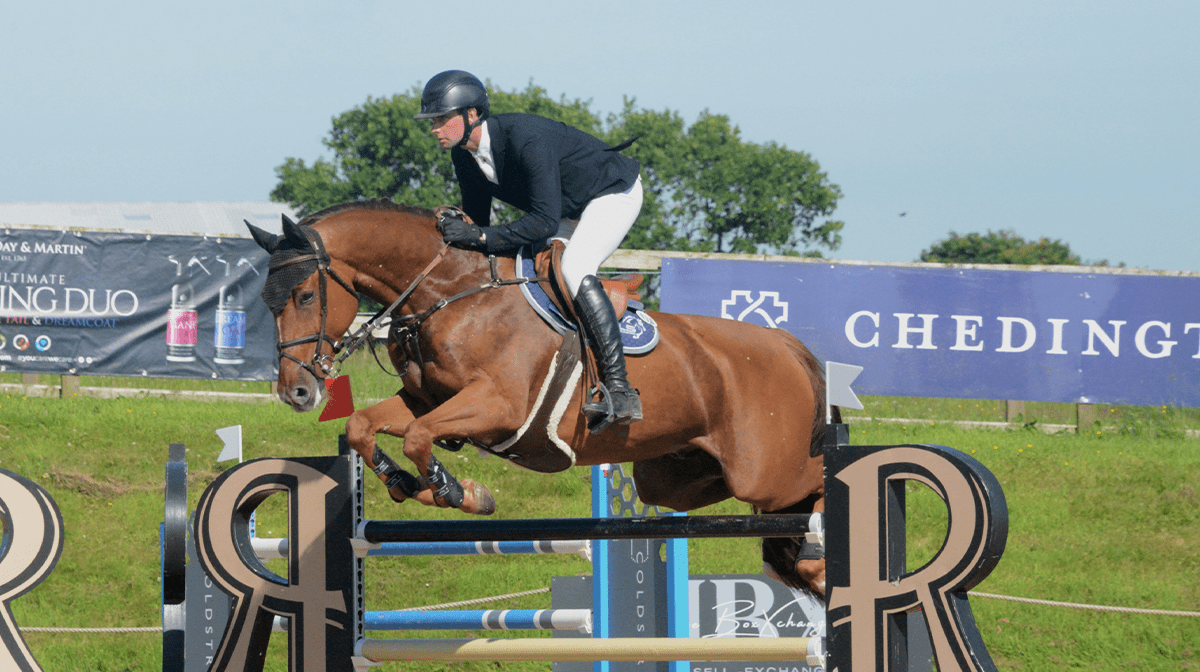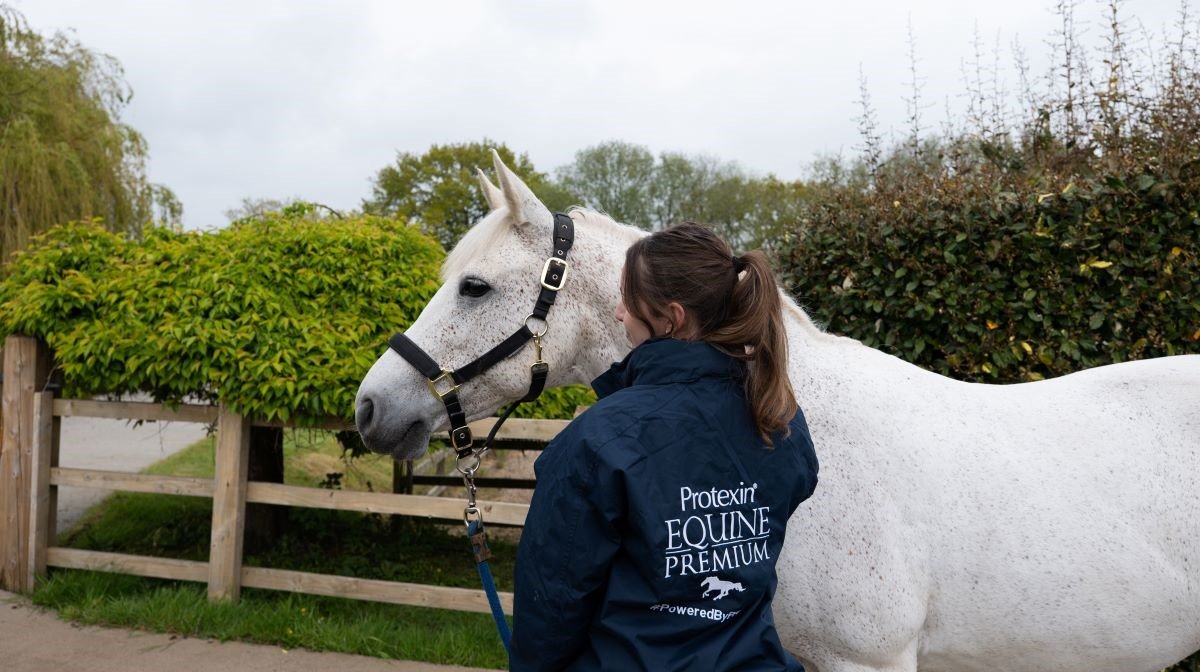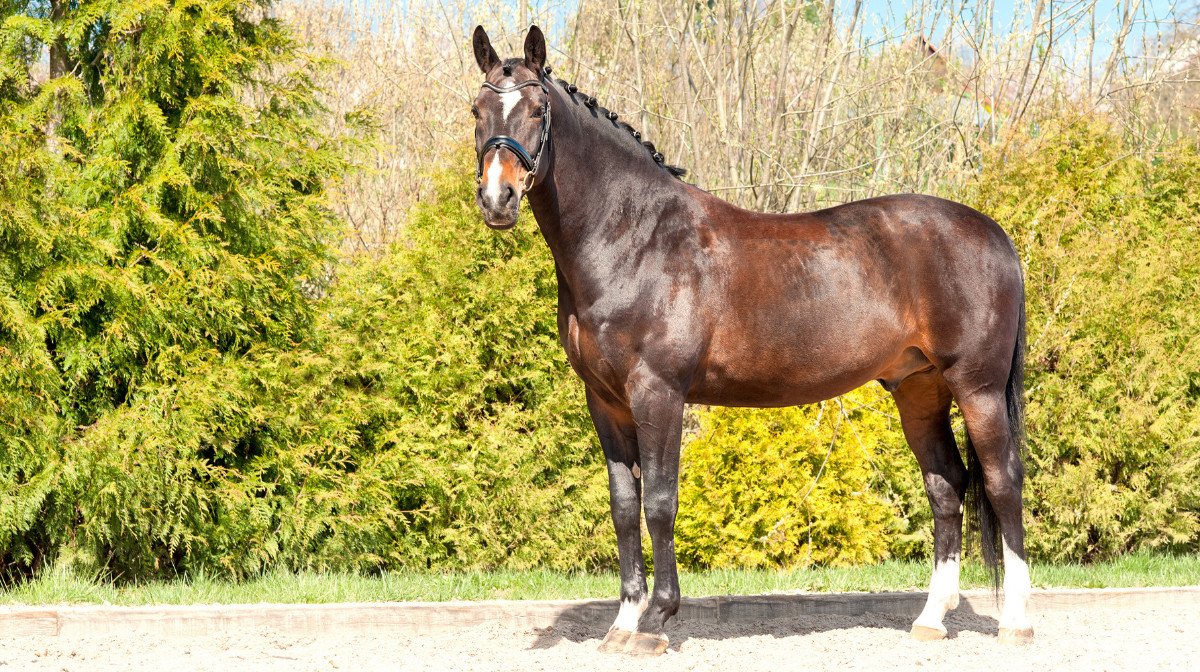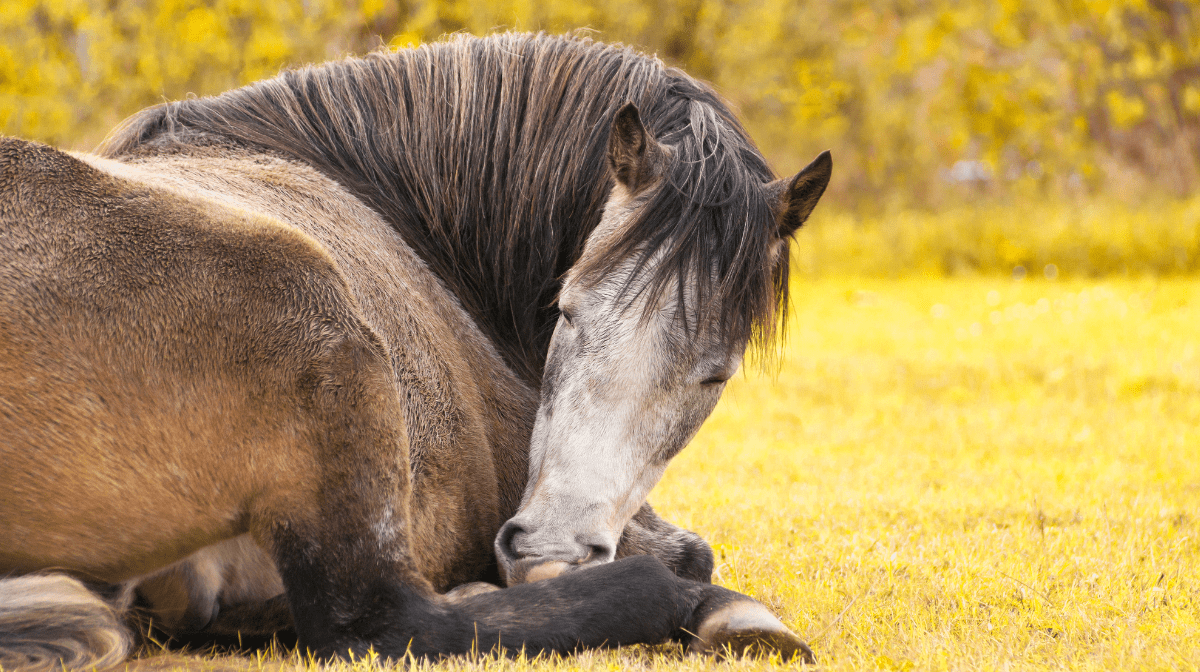
Six Tips to Care for Horses in Summer
You should consider a few things when looking after your horses in summer as the higher temperatures can be uncomfortable for them. We’ve talked about caring for horses in winter, but now it’s time to discuss what you should do during the warmer months. When Is It Too Hot For Horses? Summer poses various risks […]

Trot Before You Canter: Essential Tips for First-Time Horse Owners
Owning your first horse is an undeniably exciting prospect, promising a fulfilling experience, incredible companionship and the joy of riding. Becoming a successful and responsible horse owner, however, does require a lot of time, expense and effort, so it’s essential to plan ahead. We have listed below 15 tips to ensure a positive experience for […]

Support Stallion Fertility and Gut Health
Gut Health and Stallion Fertility Stallion fertility is an integral part of successful breeding and the overall health of the stallion is of the utmost importance year round to ensure a fruitful breeding season. When looking at how to support stallions’ fertility, a key focus should be gut health. Optimal nutrition and good digestive function […]

Horses Sleeping Guide: How do they do it?
As equine enthusiasts, it’s natural for us to wonder about our horses’ lives, including how they sleep. Read our guide to horses sleeping habits below. As equine enthusiasts, it’s natural for us to wonder about the aspects of our horses’ lives, including how they sleep. Have you ever seen a horse lying down in the […]